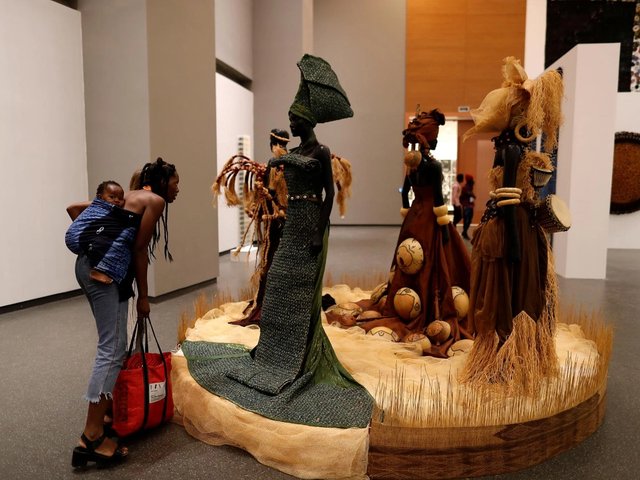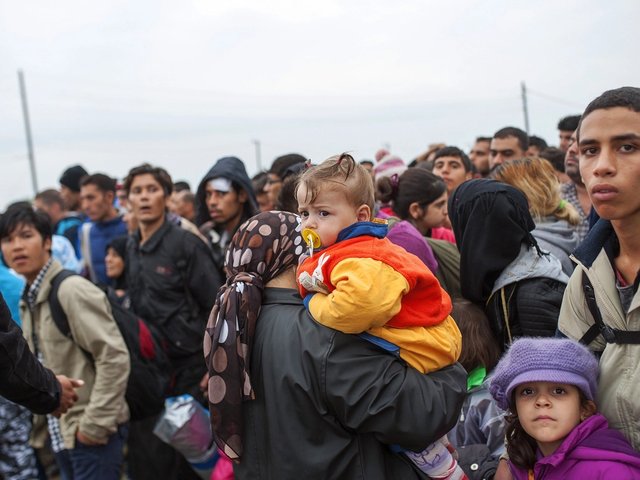Orhan Pamuk, the Nobel Prize-winning Turkish author, who founded the Museum of Innocence in Istanbul, was a keynote speaker at the International Council of Museums (ICOM) conference in Milan this week. He delivered the following message, first published by the Italian newspaper La Repubblica, by video link. He stressed that in the future we need "small and economical museums that address our humanity".
Pamuk said: "All museums are genuine treasures of humankind, but I am against these precious and monumental institutions being used as models for the institutions to come. Museums should explore and uncover the population as a whole and the humanity of the new and modern man that emerges from the growing economies of non-Western countries. I address this manifesto in particular to Asian museums that are experiencing an unprecedented period of growth.
The aim of the great state-sponsored museums is to represent a state and that is neither a good nor innocent aim. Here are my proposals for a new museum, some themes on which we must reflect now more than ever.
The great national museums like the Louvre and the Hermitage assumed the form of tourist institutions with the opening of royal and imperial palaces to the public. These same institutions, today national symbols, present the narrative of nation, History with a capital H, as much more important than the histories of individuals. This is a shame, since individual histories lend themselves much better to portraying the depths of our humanity.
The second reflection I want to introduce is that the transitions from palaces to national museums and from the epic to the novel are parallel processes. The epic is like a palace: it speaks of the heroic gestures of the kings that inhabited them. National museums should be like novels, but this is not the case.
Three: we do not need more museums that attempt to construct a historical narrative of our society and community as a narrative of faction, nation and state. We all know that ordinary and everyday stories are richer, more human and above all more joyful.
Four: demonstrating the richness of Chinese, Indian, Mexican, Iranian or Turkish history and culture is out of the question. It must surely be done, and it is not difficult to do. The true challenge is to use museums to tell with the same brilliance, power and depth the stories of the human beings living in these countries.
Five: the measure of success of a museum should not be its ability to represent a state, a nation, a society or a particular history. It should rather be its capacity to reveal the humanity of individuals. We must judge museums on that criterion.
Six: it is imperative that museums become smaller, more orientated towards the individual and more economical. This is the only way that they can ever tell stories on a human scale. The great museums invite us to forget our humanity and to accept the state and its human masses. This is why there are millions, outside the West, who are frightened by museums. This is why museums are associated with governments.
Seven: the aim of museums present and future must not be to represent the state but to recreate the world of individual human beings, the same human beings who have suffered under tyrannical oppression for hundreds of years.
Eight: the resources channelled into the great monumental and symbolic museums should be redirected to small museums that tell the stories of individuals. These resources should also be used to support and encourage people to transform their small houses and small stories into places of narrative.
Nine: if objects are not uprooted from their contexts and streets but situated with care in their natural places, they can have a way of independently telling their own stories. We need modest museums that can honour the streets, houses and shops around them and transform them into moments of their narrative.
In brief, the future of museums begins at home. The situation is very simple: we are used to having epics but what we need is novels. In museums we are used to representation, but what we need is expression. We are used to having monuments, but what we need is houses.
In museums we have History, but what we need is stories. In museums we have nations, but what we need is people. We had groups and factions in museums, but what we need is individuals. We had great and costly museums and will continue to have yet more, especially in Asia, where government money is funding these museums. Yet what we need are small and economical museums that address our humanity."
This article first appeared in La Repubblica
The Art Newspaper is a media partner of the International Council of Museums conference in Milan, until 9 July



